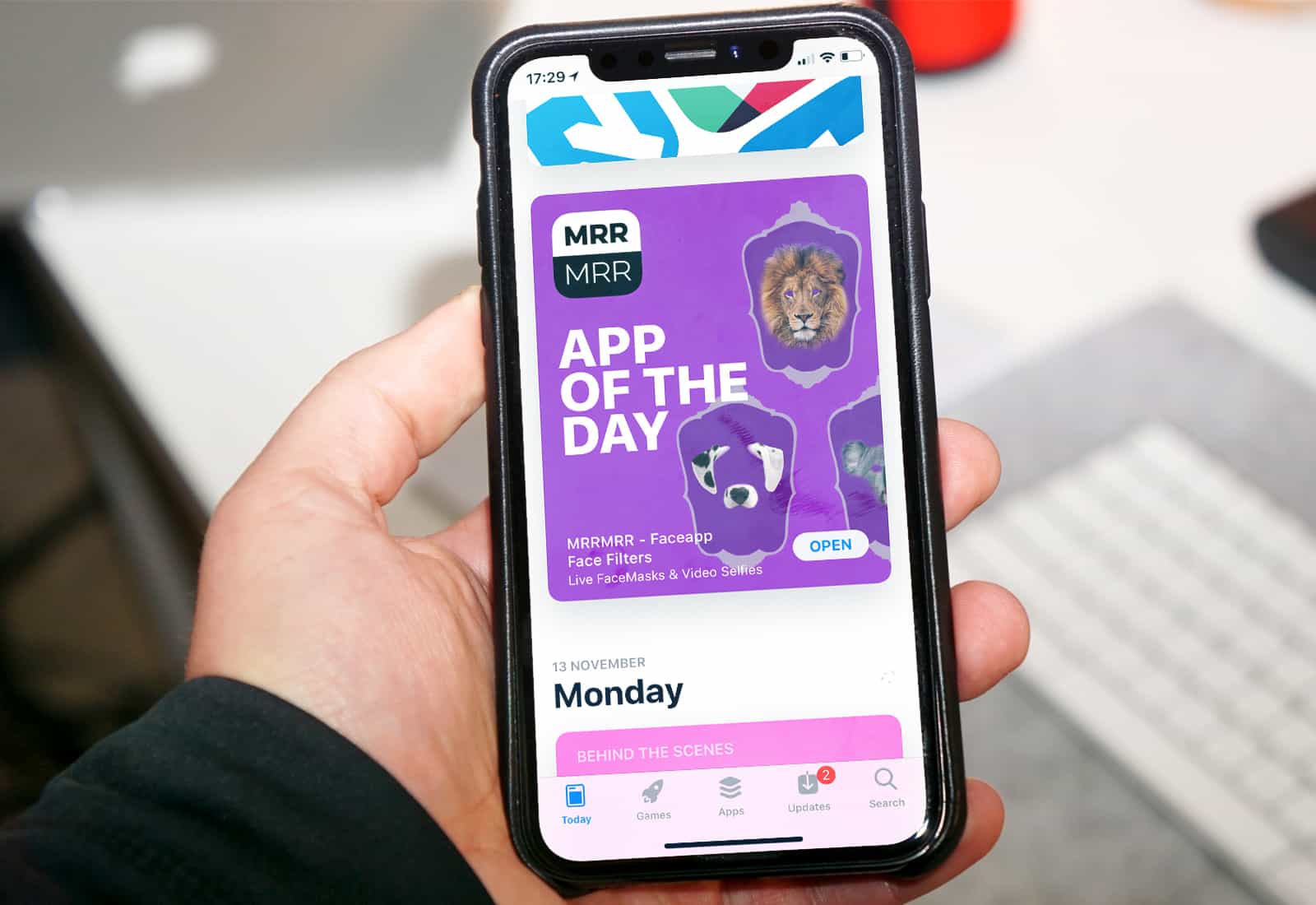Apple’s recently-adjusted App Store algorithm prevents too many of its own apps from dominating search results.
The change, which followed Spotify’s complaint regarding “unfair” App Store practices several months, handicaps Apple titles and has had a huge impact since being introduced.
The App Store generated more than $50 billion last year, and two-thirds of downloads started with a search, Apple says. So, as the App Store catalog continues to grow at a rapid rate, getting your titles into search results is more important than ever.
Until recently, however, competing with Apple’s own apps was a huge problem for some iOS developers.
Apple apps dominate App Store search results
Apple’s algorithm makes it so that multiple titles from the same developer often show up together in App Store search results. That’s handy when using terms like “office,” which will present you with Microsoft’s entire Office suite for iOS.
But in other cases, this approach actually gives some developers an unfair advantage, and makes finding what you want more difficult. Apple, which obviously develops so many of its own apps for iOS, was one of the developers seeing that advantage.
At one point, some App Store searches would return as many as 14 Apple apps before showing results from third-party developers, while first-party Apple apps were ranked first for 700 search terms, according to analytics firm Sensor Tower.
For instance, a search for “music” at the end of 2018 presented Apple Music first, followed by GarageBand, iTunes Remote, Music Memos, Logic Remote, iTunes Store, iMovie, and Clips (all Apple apps) before presenting a third-party title.
You had to scroll all the way down to the 23rd search result to find Spotify, one of the most popular music apps on the planet.
Apple’s ‘unfair’ advantage in the App Store
Apple’s advantage understandably upset a lot of third-party developers. Spotify was one of them, and it filed a complaint with European regulators in March in an effort to put a stop to Apple’s “unfair” App Store practices.
Apple hit back against the complaint, but Spotify made an impact. Less than a month later, just two Apple apps remained in top results when searching for “music,” while Spotify had jumped up to fourth. But that wasn’t the end of it.
In July, reporter Scott Austin highlighted the ongoing search issue for third-party developers in The Wall Street Journal. Austin found that Apple apps were presented first more than 60% of the time for more than 600 search terms.
Apple obviously denied favoring its own titles. But with suggestions of an antitrust investigation looming, it has now “improved” its App Store search algorithm to prevent Apple apps from dominating search results.
Apple’s ‘improved’ algorithm now in place
Apple has “tweaked” the feature to prevent so many of its own apps from being grouped together, reports The New York Times. It started by disabling it for certain search terms, then deactivated it completely for Apple apps in July. Third-party titles aren’t affected.
The change has already had a huge impact, according to Sensor Tower data. Many of Apple’s titles quickly dropped in search rankings, with fewer titles being presented in the top results. That’s great news for competing third-party developers.
Apple maintains that it never intentionally favored its own apps. “There’s nothing about the way we run search in the App Store that’s designed or intended to drive Apple’s downloads of our own apps,” senior executive Phil Schiller told NYT. “We’ll present results based on what we think the user wants.”
The way the algorithm works now is “not corrected,” Schiller added. “It’s improved,” said Eddy Cue.


